Think your spouse is hiding assets? Your tax return is a good place to start.
In nearly every divorce in NJ, spouses will need to determine how they are going to share the marital property that they acquired during their marriage. Marital property includes real estate, money, retirement accounts, stocks, bonds, businesses, and physical items.
In many cases, both parties are fully aware of all of the martial property they have. In other cases, some parties may only know of some of the common property- retirement accounts, residential homes and other common assets that need to be divided. In just as many other cases, what property or assets the parties have is not known by both parties, or is much more complicated.
For example, one party may hide or fail to disclose property in an attempt to prevent it from being split in equitable distribution- the process where marital property is shared and split in a divorce in New Jersey. It is not uncommon for our clients to be concerned that their formerly trusted spouse has been planning for a divorce by hiding assets and concealing money or property.
One of the first places to look to determine if there are some hidden assets is to review tax returns. A close look at prior tax returns, especially when you and your spouse filed separately, call for your spouse to outline assets and expenses relative to assets you may not be aware of within specific schedules that the IRS requires individuals to disclose.
Schedule A
This section of a tax return includes itemized deductions such as medical expenses and charitable contributions. It also asks about mortgage interest paid. If this interest doesn’t match the properties you are aware of, this could lead to the discovery of an undisclosed asset.
Schedule B
This section of a tax return seeks identification of interests and dividends earned on stocks and other investments. A review of this schedule, especially if it includes anything new or different from prior returns, could signal changes or hidden assets your spouse is trying to hide.
Schedule C
All persons who own their own business must complete Schedule C. This section requires business owners to disclose gross profits and/or losses stemming from that business. This section also includes a disclosure of “depreciation”. If your spouse has not declared an asset belonging to the business, there should not be a depreciation value. Any depreciation on an asset in this schedule that is unfamiliar to you may be worth a closer look.
Schedule D
While not a common schedule in many cases, Schedule D requires individuals to disclose any short-term or long-term capital gains or losses on securities. Anything that is unfamiliar could be a security your spouse has failed to disclose.
Schedule E
Schedule E is where spouses of self-employed individuals may find success. This section requires individuals to report any income from entities, including partnerships or S corporations. It also calls for the disclosure of all royalties earned and profits from rental properties. Here again, if there is any information that is not familiar should be examined more closely.
So what does this mean for you?
If you are going through a divorce, the first step is to take an inventory of the marital property you are aware of, which will later be entered into a Court document called a Case Information Statement. Then compare the assets listed in each schedule of your spouse’s previous tax returns to this inventory.
Any discrepancies would require some demands for explanation and records in the discovery process.
Please bear in mind that this process will not help you find every hidden asset, nor will be helpful with spouses who lie and falsify tax returns, or simply refuse to file tax returns. It is always important that you consider contacting a lawyer if you believe your spouse is hiding assets from you. A family law attorney will know the disclosure rules relating to marital property in New Jersey, as well as the process for obtaining third party professionals assistance to assist in the investigation.
The attorneys at Arndt & Sutak, LLC are ready willing and able to assist you with locating hidden assets as part of your divorce proceedings. Please contact us at 732-867-8894 or via email at [email protected] to schedule consultation to discuss your case today.




